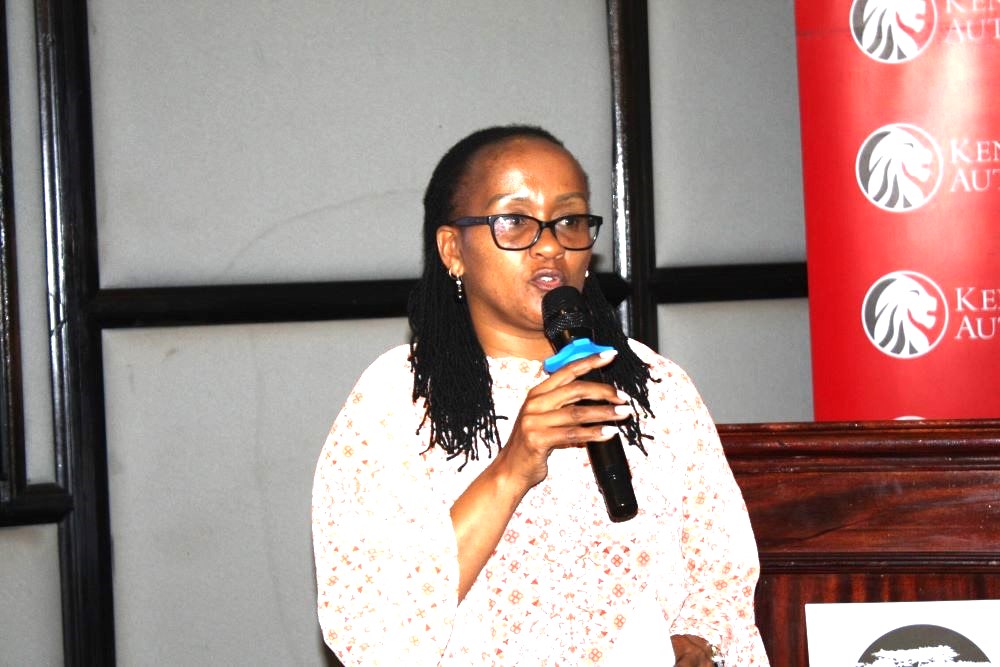Kenya is at a critical juncture. The county bursary system, once a lifeline for needy students, is now mired in legal uncertainty, bureaucratic wrangling, and political caution. This crisis is not abstract; it is human, urgent, and morally unavoidable. Without decisive action, classrooms will stand empty, dropout rates will rise alarmingly, and an entire generation of learners may see their dreams deferred—or destroyed.
Over 4.1 million students are enrolled in secondary schools, more than 600,000 attend universities, and roughly 430,000 are in Technical and Vocational Education and Training (TVET) colleges. These are not mere statistics. They are children and youth, whose ambition, creativity, and potential form the backbone of Kenya’s future. Many of these students rely entirely on county bursaries for tuition, school fees, and basic necessities. For some families, a bursary is the difference between learning and leaving school to beg, work, or remain idle at home.
The human cost is already visible. In rural Murang’a, parents share stories of struggling to put a single meal on the table for their entire household. In Kisii, families tell of children forced to study by candlelight because the money intended for school fees was delayed. In Kisumu, teenagers abandon classrooms to carry water or tend livestock, filling the void left by frozen bursary disbursements. Every day the system falters is another day of lost opportunity, another day parents agonize over decisions that no parent should ever face: feed my children or send them to school.
The crisis stems from conflicting interpretations of the Constitution and the mandate of county governments. In January 2025, Controller of Budget Margaret Nyakang’o issued a directive refusing to approve county withdrawals for bursaries destined for secondary schools, universities, and other national government functions. The directive cited constitutional limits on county responsibilities, which are primarily pre-primary education, child-care centres, and vocational institutes.
Some governors reacted with outrage, while others proceeded cautiously. ODM governors from Kisii, Kisumu, Homa Bay, and Mombasa vocally opposed the directive, warning that withholding bursaries would put learners’ futures in jeopardy. Meanwhile, other governors, despite having the welfare of their residents at heart, hesitate to confront the law directly, fearing litigation or financial penalties. Yet caution alone cannot be a justification for abandoning learners.
ALSO READ:
Wife of Prime CS calls for extended maternity leave for mothers of preterm babies
Civil society leaders and litigants such as Laban Omusundi and the Katiba Institute have challenged county bursaries through the courts. Their legal argument is clear: counties are funding programs that belong constitutionally to the national government. While these concerns are valid, the result has been chaos. Conflicting directives and circulars leave counties uncertain whether they can legally support students, creating delays and administrative paralysis. The consequences are clear: schools risk standing empty, dropout rates are already climbing, and students from disadvantaged families are forced to abandon learning for survival.
Consider the story of 17-year-old Jane Mwikali from Homa Bay. She passed her Kenya Certificate of Primary Education (KCPE) with distinction but relies entirely on bursaries to attend a national school. Her mother, a small-scale farmer, cannot afford tuition, books, or uniforms. When county bursaries were delayed, Jane considered dropping out to help with family chores. Across Kenya, tens of thousands of students face similar dilemmas. These are not isolated incidents—they are a systemic failure of governance, with consequences that ripple across society.
The problem extends beyond individual hardship; it threatens national development. Education is not a luxury; it is a right, a social investment, and a critical pathway out of poverty. When classrooms sit empty, Kenya loses more than students—it loses innovation, productivity, and the human capital that drives economic growth. Every student denied an education is a potential leader, entrepreneur, or professional lost to the shadows of poverty and despair.
Despite these challenges, many governors continue to advocate for their students. They understand that, while the law is ambiguous, their moral obligation is clear. They seek measured, lawful solutions: negotiating intergovernmental agreements, seeking clarity on legal mandates, and lobbying for a comprehensive bursary law that protects both learners and county resources. Their caution is prudent, but their commitment must be met with urgency by national authorities. Kenya cannot wait while children are left in limbo.
The truth is unambiguous: Kenya urgently needs a clear, enforceable, and transparent legal framework for county bursaries. Parliament must enact a national bursary law that defines fund allocation, eligibility criteria for students, the roles of counties and the national government, and mechanisms for accountability and transparency. Intergovernmental agreements must be concluded to allow counties to support students in tertiary institutions without fear of litigation. The Controller of Budget must work collaboratively with counties to establish a transition plan that ensures students are not penalized while compliance measures are implemented.
This is a moral as well as legal issue. Bursary funding is central to social justice, development, and national stability. Delay is not a technical matter; it is a moral failing. Every day of delay denies learners the opportunity to study, forces parents to choose between feeding their children and paying fees, and leaves classrooms echoing with silence instead of learning. Without decisive action, dropout rates will climb, schools will become ghost towns, and a generation will be betrayed.
ALSO READ:
The book industry is fast degenerating into shadowy, amorphous cartels
We cannot accept empty classrooms and lost opportunities as a price for bureaucratic or legal ambiguity. The stakes are too high. Every student who leaves school because of delayed bursary funding represents not just individual failure, but a national loss—a squandered potential that diminishes Kenya’s capacity for progress. Parents who struggle to put a meal on the table should not also have to worry whether their child will remain in school. These children deserve security, support, and opportunity.
The call to action is urgent. Parliament must act swiftly to pass comprehensive legislation. Counties must formalize their role in bursaries through intergovernmental agreements, ensuring legal clarity and continuity of support. The Controller of Budget must balance legal compliance with practical realities, guaranteeing that no student is left stranded while compliance frameworks are established. Civil society, parents, and students must demand transparency, accountability, and fairness in the allocation of funds. Kenya cannot afford to gamble with the education of its children.
County bursaries are not mere funds—they are lifelines. They are bridges between poverty and opportunity, between dreams deferred and dreams realized. They are the difference between a classroom filled with hope and one filled with silence. Every day we delay is a day of lost learning, a day of hunger, a day of dreams deferred. We cannot afford to look away.
The question is no longer political; it is moral. Will we protect our children’s education or allow bureaucracy and ambiguity to betray them? Will we leave classrooms empty and dropout rates soaring, or will we act decisively to secure the future of millions of Kenyan students? This is a defining moment. Kenya’s leaders, at both national and county levels, must rise to the occasion. The country’s youth cannot wait while we debate responsibility. The time for action is now.
Every child denied access to education is a potential leader lost, every parent forced to choose between food and fees is a story of struggle that must be addressed, and every empty classroom is a warning of the consequences of inaction. Kenya must enact clear laws, ensure transparent bursary allocation, and provide accountability at every level. Anything less is a betrayal—not just of students, but of the nation’s future.
The urgency is real. The stakes are enormous. The moral obligation is undeniable. We must act decisively, without delay, to protect our learners, support families, and preserve Kenya’s future. Failure is not an option.
By Hillary Muhalya
You can also follow our social media pages on Twitter: Education News KE and Facebook: Education News Newspaper for timely updates.
>>> Click here to stay up-to-date with trending regional stories
>>> Click here to read more informed opinions on the country’s education landscape






